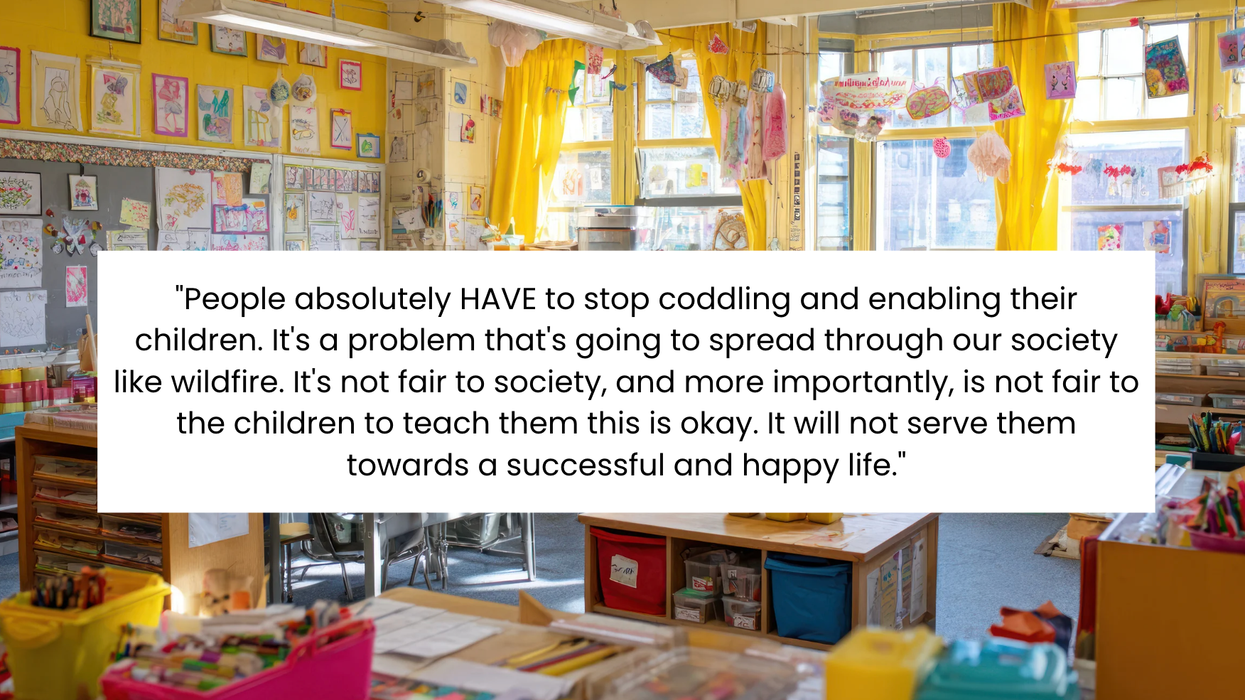The vaccine for swine flu—better known as the H1N1 virus—relies on a rather ineffecient process. It involves raising chicken eggs in a clandestine network of farms—a so-called "feathered Manhattan Project"—then infecting the eggs and incubating them. The chicken and the eggs both get destroyed. What if amateurs had a hand in creating a better biotechnology?
In Marcus Wohlsen's new book, Biopunk: DIY Scientists Hack the Software of Life, he explores the biohackers bringing science from the lab bench table to dining room tables. Some of the tinkerers want to build better cancer drugs or melamine detectors out of jellyfish and yogurt. In an excerpt published on NPR, Mackenzie Cowell, of DIYbio, tells Wohlsen:
It's a truism that innovation comes from putting a lot of people with different expertise in a room together and asking them to solve a problem together. Biology's really fundamentally no different from cooking most of the time.
While the costs of conducting molecular-biology research means this probably isn't analogous to the hackers who drove the personal-computer revolution, it's possible that open-science could revolutionize our perception of biotechnology. If chefs are already experimenting with techniques once confined to labs, could a kind of homegrown genetic tinkering be next?
















 Otis knew before they did.
Otis knew before they did.